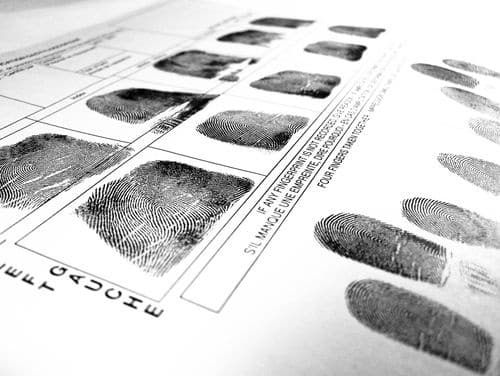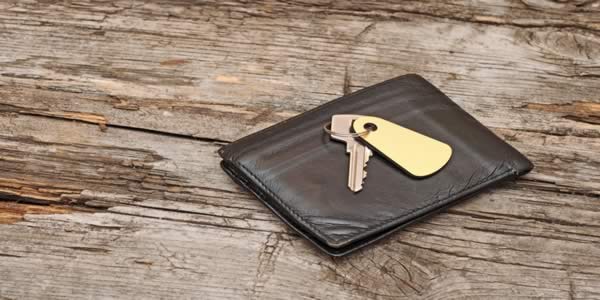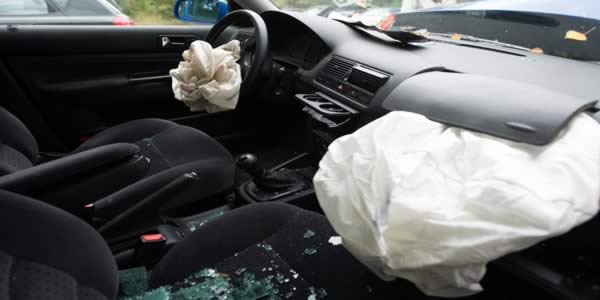As criminal defense lawyers in Charleston, South Carolina, one of the most important things we try to do for our clients is keep their records clean. Convictions on your criminal record can haunt you for the rest of your life and cost you student loans, possible jobs, and much more. There are several common ways that our criminal defense attorneys try to help you avoid a conviction. In South Carolina, there are essentially seven alternatives to avoid a criminal conviction: (1) nolle prosse or dismissal of the charge,, (2) deferral, (3) pretrial intervention (PTI), (4) the Alcohol Education Program (AEP), (5) a conditional discharge, (6) Drug Court, or (7) the Traffic Education Program (TEP). In this article, we will discuss these alternatives and others. Please note that the ways listed below are generally reached by agreement with the prosecutor. Please note that each one doesn’t apply to every type of criminal charge.
Nolle Prosse or Dismissal in South Carolina
Sometimes, we can convince the prosecutor to outright dismiss or “nolle prosse” the charge. To dismiss the charge means it is gone forever. To nolle prosse the charge means it is dismissed but the prosecutor can re-charge the defendant later for the same offense. Prosecutors usually don’t reinstate nolle prossed charges, but they can if the situation calls for it. Dismissals most often happen if the evidence is weak, major legal mistakes were made in your arrest, or if an important witness cannot be found.
Deferral of Criminal Charge in South Carolina
Sometimes a prosecutor will agree to “defer” a charge. When this happens, the charge is put on hold for an agreed-upon period of time, subject to conditions. If the conditions are met, then the charge will be dismissed. One example of a deferral is when the defendant promises not to get arrested for a period of 6 months. In this scenario, we’ve put the charge back in the defendant’s hands. If he or she stays out of trouble for 6 months, the charge is dismissed, and his or her record stays clean.
Pre-Trial Intervention Program (PTI) in South Carolina
In South Carolina, PTI is a program that allows a defendant to show that he or she takes the charge seriously. PTI can only be used one time. The program requires the defendant to report to the Solicitor’s Office for an initial assessment. At that time, the solicitor determines what conditions the defendant will have to meet to successfully complete the program. If it is a drug charge, there will likely be drug testing and drug counseling. If it is a criminal domestic violence (CDV) charge, there will be anger management classes. Other conditions may apply, such as community service, payment of fees, and other types of classes. If a person is arrested while in PTI, misses a class or appointment, fails a drug test, or doesn’t complete other requirements, then the person will be kicked out of PTI and the charges will be restored. If the person satisfies all requirements on time, then the charge will be dismissed. It can take anywhere from 8 to 26 weeks to complete all requirements, depending on the charge and the assessment. PTI is not available for a DUI.
Alcohol Education Program (AEP) in South Carolina
AEP is similar to PTI but for offenses involving minors and alcohol or fake ID’s. Like PTI, after a person successfully completes AEP, the charge will be dismissed. While someone can only do PTI once, someone can do AEP and then later do PTI if they are arrested in the future.
Conditional Discharge in South Carolina
A conditional discharge is very similar to probation. The main difference is that a defendant doesn’t end up with a conviction on their record after completing the conditional discharge. To accept a conditional discharge, the defendant first gives a deferred guilty plea before a judge, and the judge sentences probation. The guilty plea isn’t entered against the defendant unless the defendant violates probation. If the defendant is kicked out of probation, then the sentence the judge issued before entering probation will go into effect. So, there is a lot hanging over the head of someone taking a conditional discharge.
A person taking a conditional discharge will feel like they are on probation. The probation is monitored by the Department of Probation, Parole, and Pardon Services. The defendant will be assigned a probation officer. The defendant will have to meet with the probation officer on a regular basis, pay fees to the Department, stay out of trouble, submit to drug tests, and possibly meet other conditions such as drug counseling. Many restrictions will be placed on the defendant, such as not being able to go into bars. The probation officer can drop by the defendant’s house at any time. Other conditions and restrictions apply. The good news is that, like everything else in this article, if the defendant finishes the program successfully, the charge is dropped and their record can be expunged.
Drug Court in South Carolina
Drug Court is a very intensive program. Prosecutors may decide to use it in a case involving drug or alcohol addicts but not typically for drug dealers or manufacturers. Just like a conditional discharge, the defendant first gives a deferred guilty plea. If the defendant fails out of drug court, then he or she must face the sentence the judge issued before entering the program. Like a conditional discharge, there is a lot hanging over the head of someone in Drug Court.
Drug Court comes in three phases. Each phase takes at least two months to complete:
Phase I – The defendant must report to the court and stand before a judge once a week. The person must be engaged in private drug counseling as well as Narcotics Anonymous (NA) or Alcoholics Anonymous (AA). Community service may be required. There is also very strict drug and alcohol testing, and people get tested randomly multiple times throughout the program. Defendants cannot drink or use drugs while in drug court, regardless of what charge they are in for.
Phase II – Similar to Phase I except the defendant does not have to report to the counseling or NA/AA sessions as frequently.
Phase III – This phase has an even lesser level of counseling than Phase I or II.
Drug Court can take greater than 6 months if the defendant does not do everything the judge orders them to do. A person can be kicked out of Drug Court if he is arrested before completion. If the defendant successfully completes Drug Court, then the charge gets dismissed. Drug Court is more than a slap on the wrist. It is an intensive rehabilitation program. We don’t recommend it to everyone due to the severe consequences if the defendant fails out.
Traffic Education Program (TEP) in South Carolina
TEP is like PTI for traffic tickets. If a driver receives a traffic citation, and that driver has no other points currently on his driver’s license, then he is eligible for TEP. TEP requires $280 in fees, 4 hours of community service, and a defensive driving class. If the person successfully completes TEP, the ticket is dismissed. TEP is only available for 2 and 4-point traffic tickets. It isn’t available for DUI charges, 6-point tickets, or criminal charges.
Expungement in South Carolina
If a defendant can reach a resolution of his charge that results in a dismissal, the defendant can have his or her record expunged. An expungement means that all records of the charge are destroyed so that it is extremely difficult for people such as potential employers to find out that the charge ever happened. Click here for more information on how to expunge your criminal record in South Carolina.
Consult with a Charleston Criminal Defense Attorney for Free
Every case and every client is different. While these are the most common, there are other, sometimes creative, ways to keep criminal records clean. If you are charged with a crime, we encourage you to schedule a consultation with one of the criminal defense attorneys at Futeral & Nelson and determine your options.












